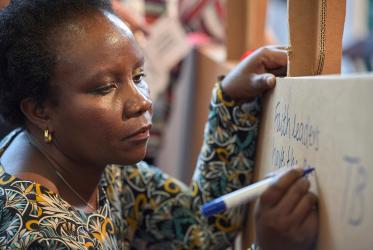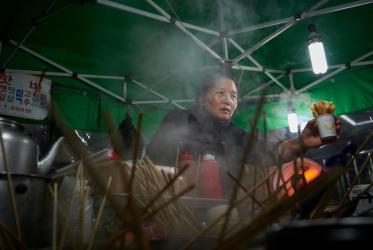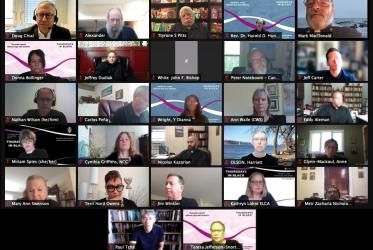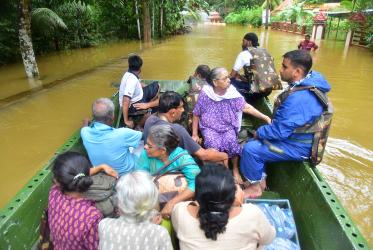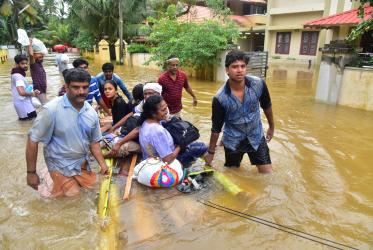Displaying 1 - 20 of 40
Lighting the lives of many
28 June 2022
New student body at Bossey Ecumenical Institute “a source of joy”
14 September 2020
WCC well-represented in Religions for Peace leadership
07 October 2019
Dr Saïd Ailabouni: God is on the side of rejected, oppressed, occupied
12 September 2019






